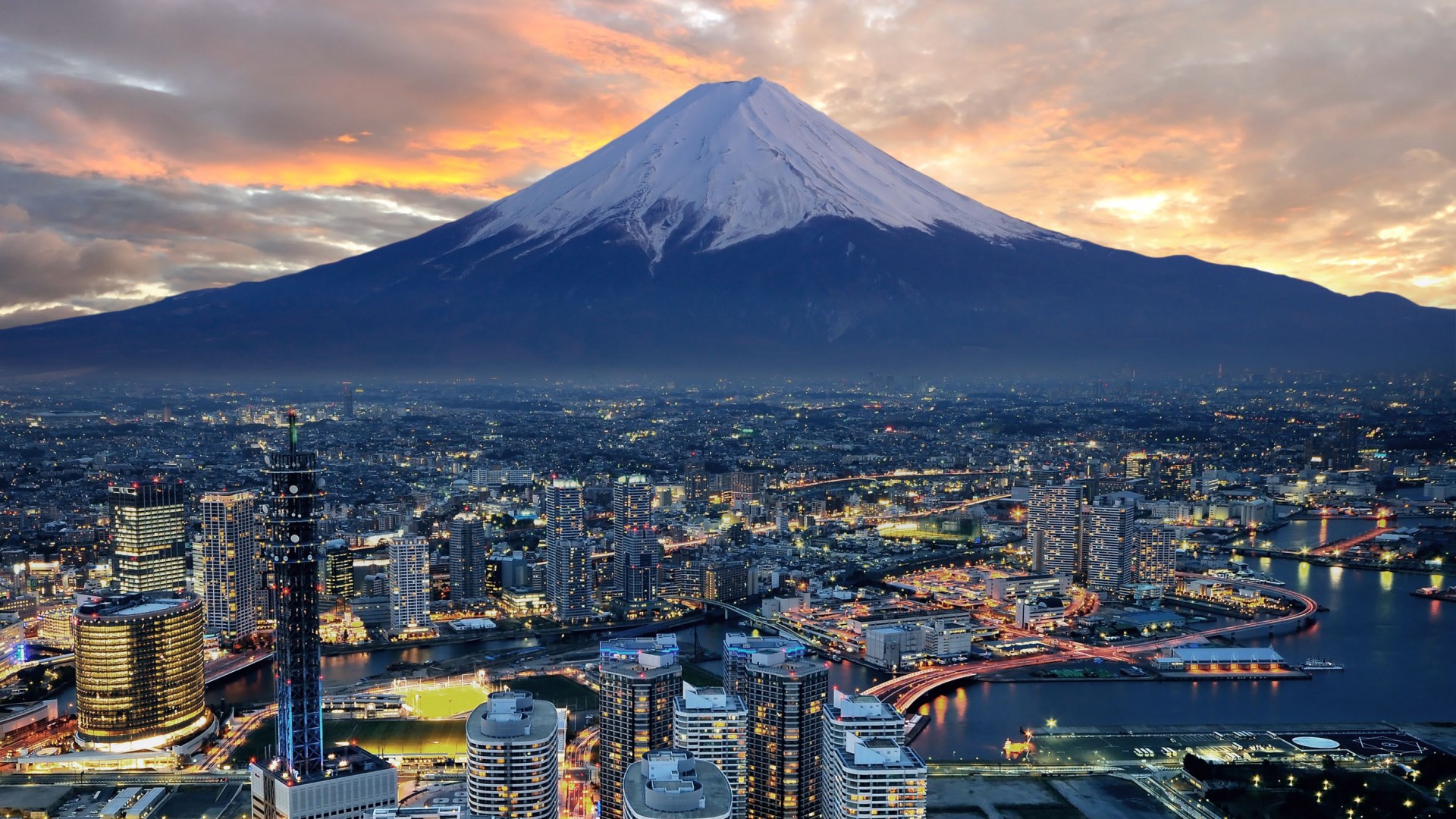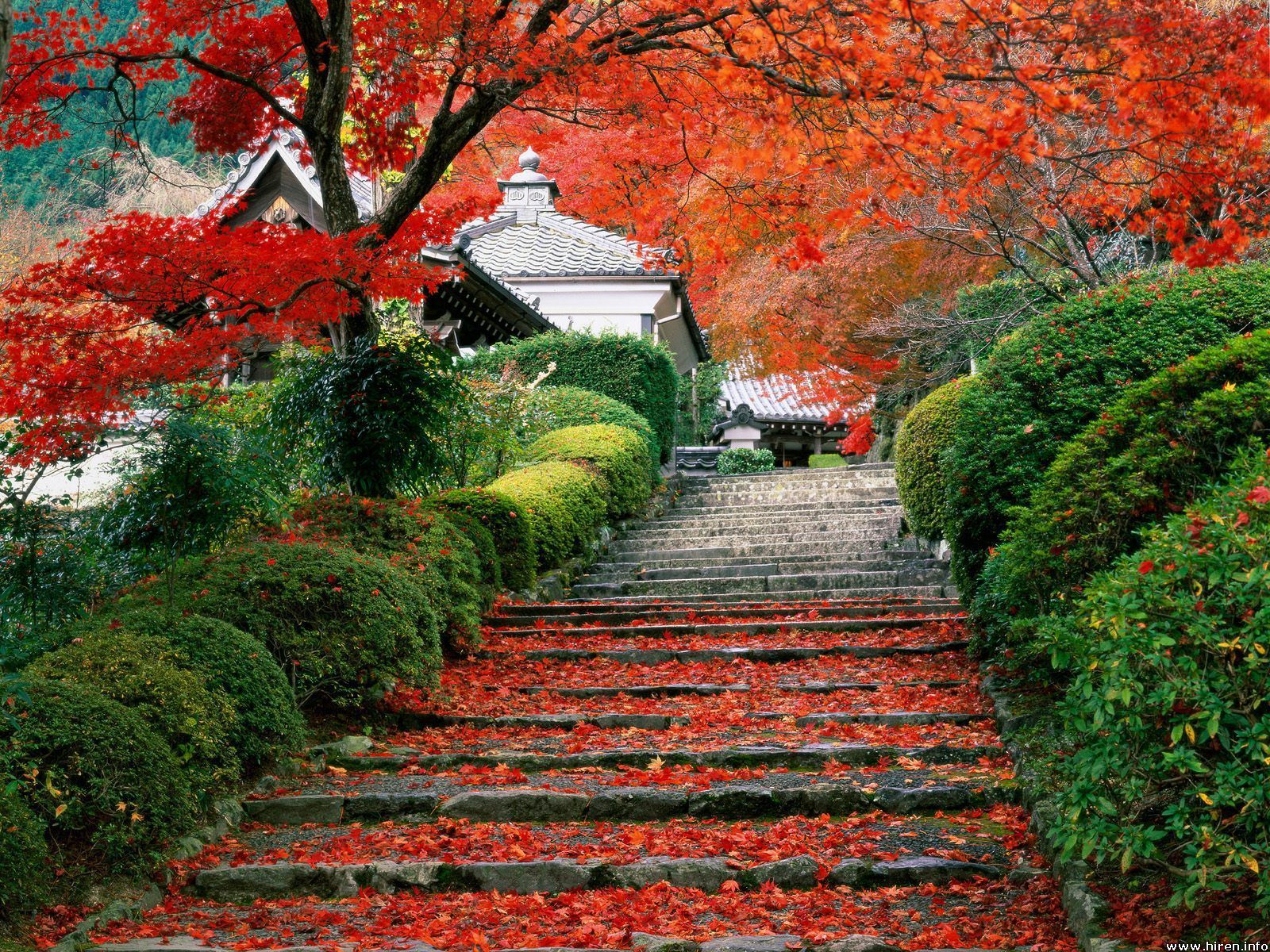I used to hate shikata nai
My dad was a typical Japanese salaryman who worked at lease 10-12 hours a day. My gaikokujin mother just couldn’t understand how my dad’s company would allow him to work long hours. Around that time, there were reports that my dad’s colleagues either committed suicide or die from overwork, If you are not familiar with this Japanese work culture, you may not even imagine what that really means. People are dying from heart attacks and strokes because these young corporate salary men have to stay in the office until 1pm and sleep for 3-4 hours and the same schedule continues day in and day out. It is very stressful when you have to take your clients for drinking on top of that. So if you are interested in moving to japan work for, it is worthwhile to learn more about Japanese business culture.
Anyways, whenever my mom complained about my dad’s long working hours and she was worried of course. He used to say “Shikataga nai..Hataraka naitone.” (It can’t be helped. I have to work (to support the family)” I appreciate his intension and hard work. Otherwise, I am not going to be here today, so I am very thankful. But growing up watching my father’s back, I was frustrated with this oppressed way of dealing with life in general in Japanese society. Japanese people often deal with things with an attitude of “shikataganai” We should just give up and conform to the system, whatever the rules say instead of fighting to better your life and your family’s. Japanese people tend to think there is nothing much that they can do sometimes. That’s basically the Japanese people’s attitude. I used to hate it because the suppressed way of life is the exact opposite of what I was looking for.
I was young and naive. I was determined at least so it was a pretty bad combination of all feelings! I moved to Los Angeles first. If I have a daughter, I will never let my 18-year-old move there alone. It is crazy. Since that was practically the first time I landed in American soils, everything seemed crazy and aggressive. People in LA were much more aggressive when it comes to $$, people that I knew in college were talking about suing their landlord, suing their roommate for damaged carpet..accidents…it is never ending. But after moving to the south of California, things started to calm down a little. People are a little more laid back, and not that aggressive and I assume that LA is a very special place and the city does not represent the whole America.
Although I hated the word “shikataga nai”, as I grew older, I started to embrace the word. Because we can’t fight everyday in our lives, and sometimes embracing the reality as is and just taking day by day and going with the flow even though that’s not the most proactive way of dealing with whatever issues that we are facing. Many of us have other obligations that we have to fulfill as a mother, a parent, a teacher..and it is important to be hopeful that things can change for better but for now, we do the best we can and just embrace the reality as is.
My co-worker was written up and they pretty much pushed her out because of her poor performances. Unfortunately, it wasn’t really her fault, but it is rather a management’s fault for hiring an unexperienced person for that level of position in the first place! They didn’t even properly train her, but her attitude was admirable. She did say, “It is what it is, right? I did my best and I’ve learned a lot.” So again, it is what it is…
Shikataganai’s translation is almost always “it can’t be helped” but I think it should be..”It is what it is..” at least that’s how American people phrase a similar thought or feelings.







